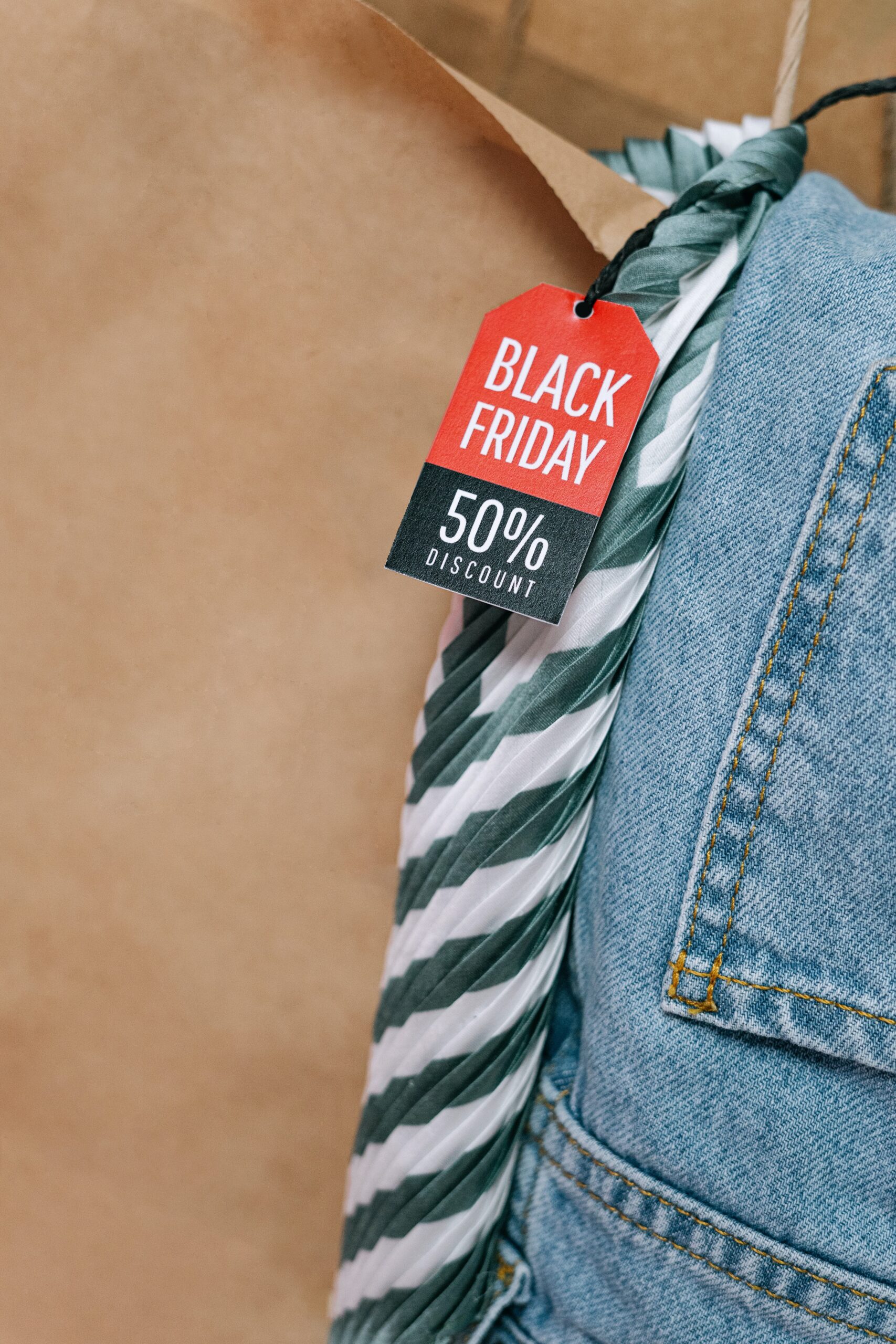Consumerism – How It Affects You
Consumerism – How It Affects You

When it comes to consumerism, have you ever understood how it affects you psychologically? Consumerism affects you in various ways, starting in the brain. On a daily basis you are bombarded with marketing tactics designed to tell you that you do not have enough.


Addictive Tendencies
Many addictions stem from the same thing – a missing void in your life or suppression of something.
People may abuse alcohol for example to suppress deeper psychological issues that have not been acknowledged or addressed. A food addiction for example can feel like a sense of comfort and protection but there is still a deeper reason as to why people abuse food. Also take for example a shopping addict. People who are addicted to shopping equate happiness with purchasing material possessions without acknowledging the dark side of consumerism. This dark side includes the need to protect and maintain possessions as well as any financial hardship that may result from the addiction. Credit card companies make money charged from interest when people buy now pay later without caring about whether they can actually afford what they are purchasing. Shopping can also lead to hoarding which can stem from a scarcity mindset which is another issue in itself.
Society has made consumerism so easy. You can literally shop from the comfort of your own home using your phone, your TV, even adding things to your cart using a smart device. Especially when it comes to the advertisements for Black Friday or Cyber Monday, things are advertised as being on sale but it being on sale means nothing if you cannot justify your need for it. Consumerism is forced upon you but you can react to how it influences you.
Reappraising Contentment
It is quite unfortunate how fortunate we as Americans are yet we do not realize it. Compared to other countries who do not have as much freedoms and resources as us, yet they are happy and thrive on basic necessities really deserves a reappraisal. Even if we have more, they still have an abundance in some aspect if they can find contentment in life’s simple pleasures. So really, we are the poor ones. After all, love don’t cost a thing. Maybe that’s their secret – they realize the value in interpersonal relationships and experiences over tangible things.


The Brain on Pleasure
Let’s consider for a moment basic psychology. The brain will do whatever it can to receive pleasure, even if that pleasure stems from unhealthy addictions. Since our brains are wired to maximize pleasure, we can easily let things influence how we obtain that pleasure – no matter the cost. An addiction as a result is a dysfunction of pleasure.
Endorphins are a natural pain reliver. Since the mind is designed to avoid pain, once the sense of pain is removed, these endorphins bind to receptors of the central nervous system and dopamine which is the pleasure hormone is released. Over time this pleasurable feeling can become addictive and if left unchecked can lead to an addiction.
So, I invite you to start with why. To really get to the root cause analysis, you have to determine your reason. Why do I overeat? Why do I feel the need to buy unnecessary things?
Decipher Root Cause of Discontentment

To give things a bit more perspective, I recently discovered this video that pertained to contentment. In a consumerist society, it is difficult to feel content and satisfied. Feeling insatiable was something I grappled with myself for a long time. I felt unsuccessful, unworthy, and unmotivated and really had to decipher the root cause of where my discontentment came from. I realized that constantly being exposed to advertisements and this unattainable ideal of perfection on every possible platform such as social media, TV, billboards, and the radio were all telling me I needed more or I wasn’t successful, worthy, or good enough. As a result this led to lack of motivation since things felt unattainable. However, removing the source of my discontentment helped me overcome those feelings of inadequacy which helped me find purpose.
Artificial Contentment
I’ve also realized the difference between being wealthy and looking wealthy. Not that I am by any means wealthy, but I am speaking it into existence. For example, I’ve known people who have all the nice things – new sports car, all name brand clothes, and an impressive sneaker collection but can’t pay their rent at the end of the month or who wear shoes as a status symbol without realizing the sole (no pun intended) purpose of shoes are to protect your feet. Shoes are made to walk in.
I’ve witnessed people get angry as a result of someone accidentally stepping on their shoes and getting them dirty. There is nothing wrong with having nice things in itself but not at the expense of your financial future just to keep up with the Joneses and appear wealthy without actually being wealthy which is artificial.
Perfect Balance
A quote from Jim Carrey says “we’re encouraged by this country to never stop and never be satisfied. It’s beyond our bandwidth and we’re starting to see symptoms. I have enough. I’ve done enough. I am enough”. The word bandwidth is a perfect description of how consumerism affects people because in this context bandwidth means limit or threshold. If something exceeds a limit it becomes unstable eventually which does result in symptoms. Those symptoms can be masked as addictions.

“Love people, use things: because the opposite never works.”
— Joshua Fields Millburn & Ryan Nicodemus
In conclusion, a great podcast that I recommend is the minimalists podcast. Their mantra is “love people, use things: because the opposite never works” which is an accurate concept. Really work to understand the deeper level of your consumerist habits and discontentment since it does impact you psychologically and financially. Finally, ask yourself “how much is enough?”